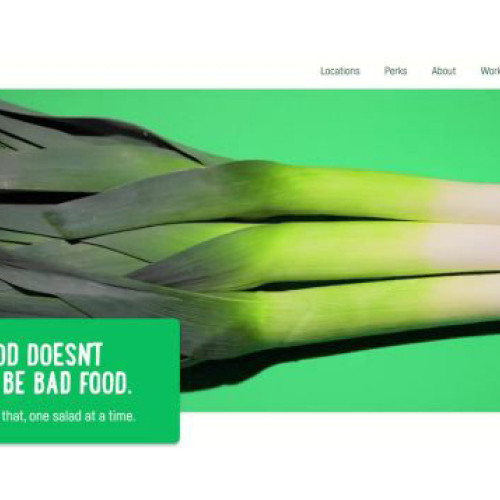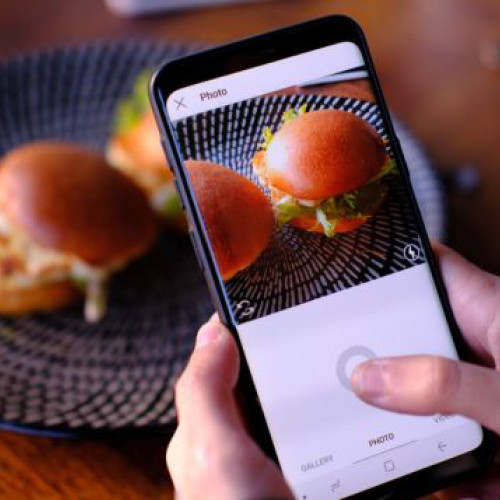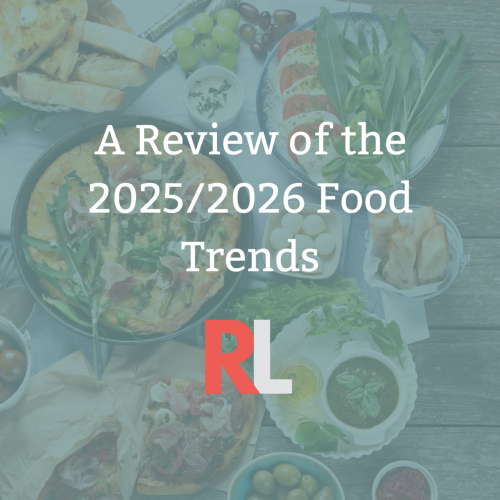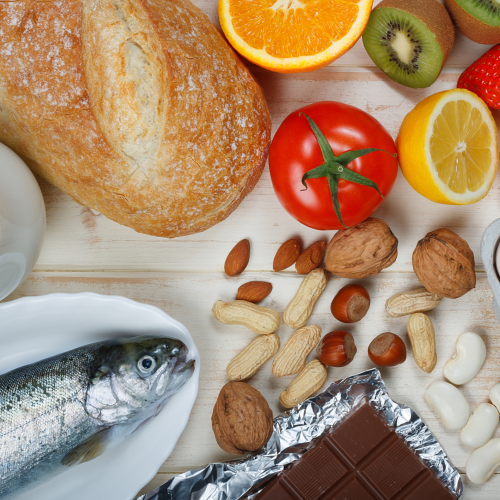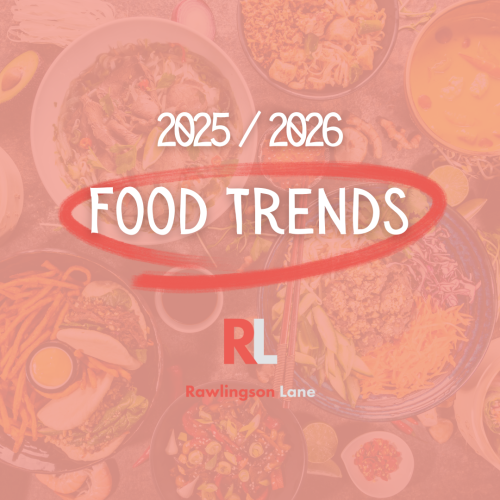The Big Plastic Count
I’d like to think I have a good level of awareness of the climate crisis. I take steps to reduce my waste by planning meals ahead and only buying what I need, taking weekly trips to my local plastic free shop, buying in bulk, and purchasing loose fruit and veg where possible. So as a household of two, I didn’t think we’d produce much rubbish. Signing up to Greenpeace’s Big Plastic Count showed me how wrong I was.
The Big Plastic Count, organised by Greenpeace and Everyday Plastic, is a week-long investigation into how much plastic the UK throws away every day. The investigation ran from 16th - 22ndMay, with participating households recording every piece of plastic they disposed of, and tallying them by type. As of the 2of May, over 70,000 household uploaded their results. This included me, with a mind-blowing 84 pieces of plastic waste. Even more shocking than the sheer volume of what we counted was that Greenpeace estimated only 14% of that would be recycled. The rest would be incinerated, exported to other countries, or sent to landfill.
Where My Waste Goes
Greenpeace plan to present the data collected from the count in July 2022, and use it to put pressure on the government to take action around pollution. With parliament due to set specific sustainability targets soon, Greenpeace will be able to use the evidence collected during this count to push for big changes, including reducing single use plastic by 50% by 2025, banning exporting our waste to other countries, and implementing an all-in deposit return scheme.
UK legislation around waste to date can be described as half hearted at best. From increasing the 5p plastic bag charge to 10p, to setting the ‘ambitious’ target to achieve Net Zero Carbon by 2050 across the UK. Consumers are instead looking to businesses to lead the way, with many highlighting sustainability as a key consideration when deciding where to shop or to eat out. According to a study by Deloitte, 1 in 3 people say they have stopped shopping with certain brands due to environmental concerns, 64% of consumers want companies to reduce packaging, and people are willing to spend an average of 30% more for ethical products. Additionally, 61% of people identified avoiding single use plastics as a way to reduce their environmental impact – the highest of any changed behaviour. Food and drink companies are often in the spotlight for producing the most waste. This holds true to my own experience, with it accounting for 88% of my total plastic.
Waste Breakdown
However, these figures represent customer motivation while sustainability is still a choice. If Greenpeace is successful, and new legislation is brought in, businesses will be forced to become more environmentally friendly. Companies will have to fight harder to stand out from competitors – that’s why implementing sustainability initiatives now can give businesses an edge by proving they have a history of environmentalism before it was required. Real initiatives, not virtue ethics.
If every household in the UK produced the same amount of plastic as ours, it would equate to 122,740,800,000 pieces of plastic per year. And like I said, I thought I was doing pretty well!



